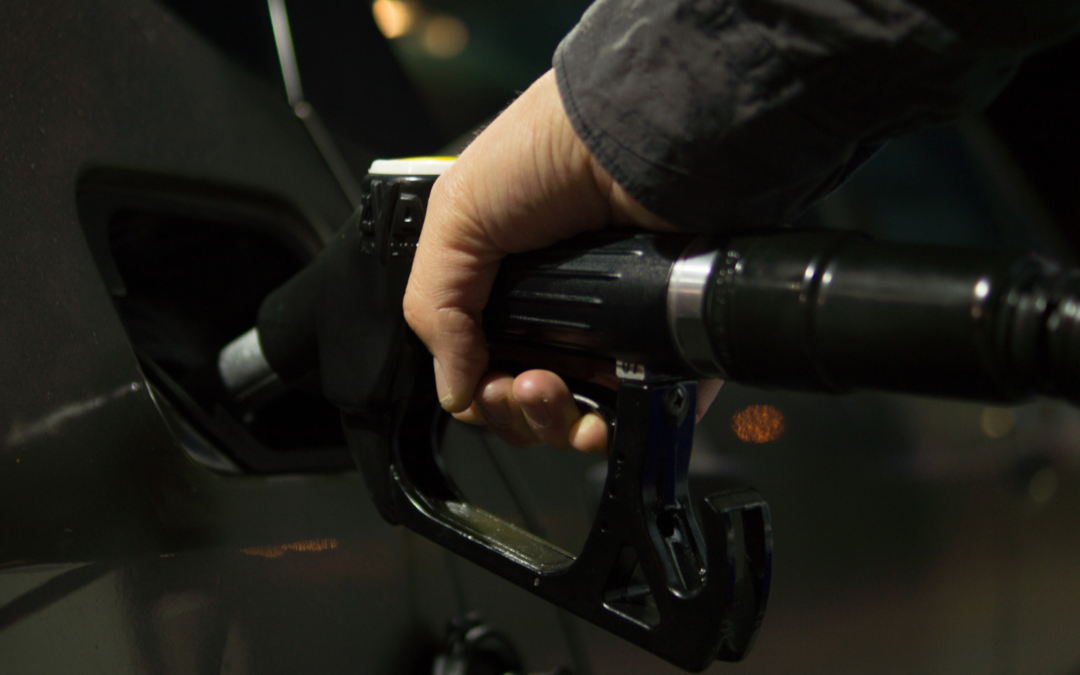In order to reduce its carbon footprint, the trucking industry is starting to consider the costs, social impacts and challenges associated with switching to alternative fuels. The National Biodiesel Board recently released a report on the economic and health benefits of switching from ultra-low sulfur diesel to 100% biodiesel. According to a study by Trinity Consultants found in an article on Freight Waves, this switch could have significant benefits for people and the environment. For example, by switching to B100 up to 45% of cancer risks could be decreased, and 203,000 annual asthma attacks could be lessened or avoided in the areas that made the switch.
The NBB strategically picked eight different cities around the U.S. to conduct their study in, and they were chosen because of their increased exposure to transportation-related air pollution. These cities include Everett and Seattle, Denver, Washington, and the California cities of West Long Beach, Wilmington, Carson, South Fresno, San Bernardino, and West Oakland. The cities were then analyzed and evaluated with the use of 70-year-exposure-period models.
However, there are additional benefits in aspects of living other than the climate. Organizations and experts such as the Environmental Protection Agency have made connections between transportation-related air pollution and negative health effects. These include various respiratory illnesses, increased risk of asthma, and even cancer. The NBB expects that biodiesel exhaust will be up to 72% less carcinogenic than conventional diesel exhaust. Donnell Rehagen, CEO of NBB, states that making this switch will cause significant improvements to the economy, nationwide health, and bring positive change to people’s lives.
Biodiesel provides a better and cleaner alternative than petroleum diesel. Diesel fuel emits many harmful pollutants such as carbon monoxide, nitrogen oxides, particulate matter, hydrocarbons, and carbon dioxide. Aside from this, when considering the economy, there is a large amount of money that could be saved by making the switch from petroleum diesel to biodiesel. Just in the California cities of West Long Beach, Wilmington, and Carson, an annual amount of $1.69 could be saved. According to the EPA’s BenMAP program, these savings come from decreasing the risk of minor restricted activity days due to asthma attacks and acute respiratory symptoms, preventing premature mortality, and work loss days.

